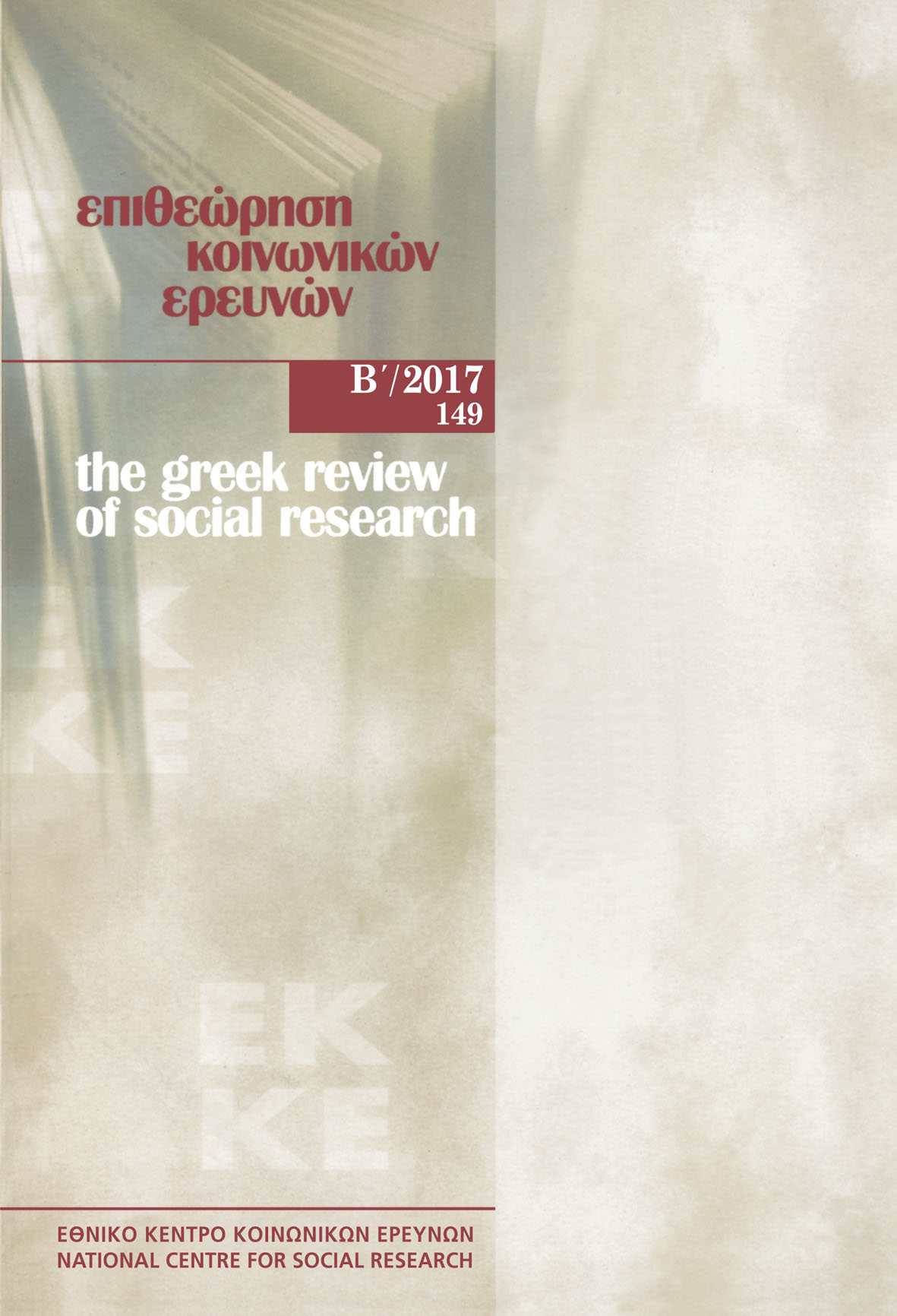From Tarlabaşı to Gezi and beyond: The 2013 Event in the Conjuncture of Neoliberal times

Abstract
Drawing on ethnographic material from Istanbul prior and during the Gezi uprising of 2013, the present article examines the mass demonstrations that broke out in more than 90 cities in Turkey and lasted for about a month as an event in the sense of the short duration of history (évènement) informed by historical processes of medium length duration (conjoncture) marked by authoritarianism and protest; an event bearing the inevitability of rupture that long-term authoritarianism carries to the present and also the future; a product of a culture of protest traced back to the 1980s and the neoliberal restructuring of the Turkish economy. Furthermore, the paper discusses the rise of the electoral influence of the Democratic People’s Party (Halkların Demokratik Partisi - HDP) as a symptom of the same historical conjuncture.
Article Details
- How to Cite
-
Voulvouli, A. (2018). From Tarlabaşı to Gezi and beyond: The 2013 Event in the Conjuncture of Neoliberal times. The Greek Review of Social Research, 149, 57–77. https://doi.org/10.12681/grsr.15814
- Section
- Articles

This work is licensed under a Creative Commons Attribution-NonCommercial 4.0 International License.
Authors who publish with this journal agree to the following terms:
- Authors retain copyright and grant the journal right of first publication with the work simultaneously licensed under a Creative Commons Attribution Non-Commercial License that allows others to share the work with an acknowledgement of the work's authorship and initial publication in this journal.
- Authors are able to enter into separate, additional contractual arrangements for the non-exclusive distribution of the journal's published version of the work (e.g. post it to an institutional repository or publish it in a book), with an acknowledgement of its initial publication in this journal.
- Authors are permitted and encouraged to post their work online (preferably in institutional repositories or on their website) prior to and during the submission process, as it can lead to productive exchanges, as well as earlier and greater citation of published work (See The Effect of Open Access).


